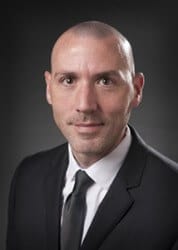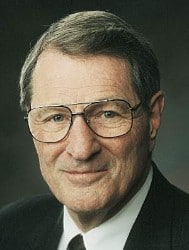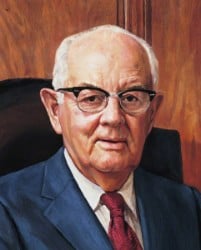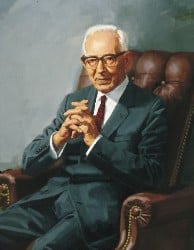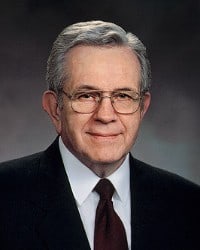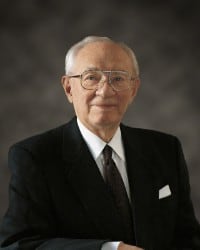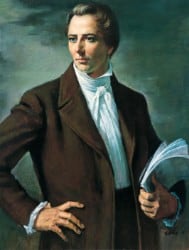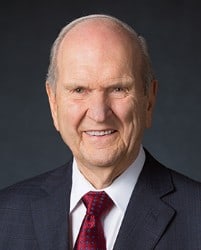
“Your mind is precious! It is sacred. Therefore, the education of one’s mind is also sacred. Indeed, education is a religious responsibility. Of course, our opportunities and abilities will vary a great deal. But, in the pursuit of one’s education, individual desire is more important than is the institution you choose; personal drive is more significant than is the faculty.”

